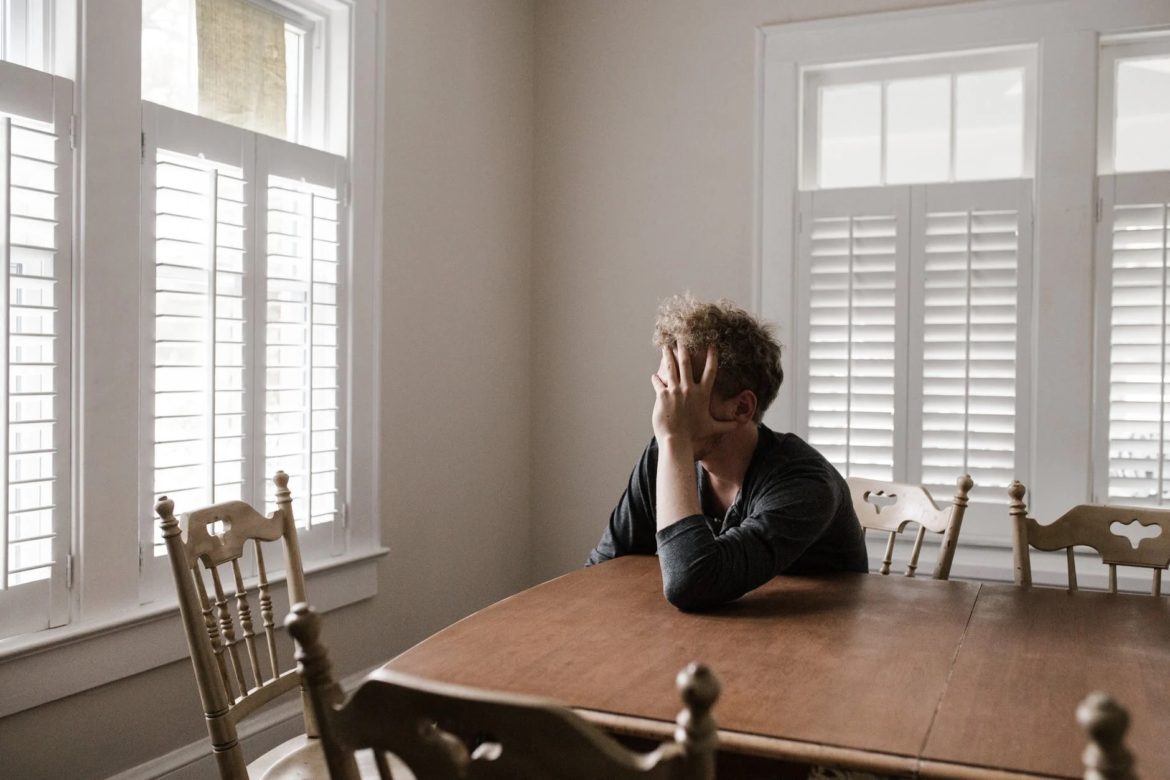A new Swedish study, published in the journal Psychological Medicine, offers yet another example of the toll Social Anxiety Disorder (SAD) can take on people’s lives.
Here’s the short version:
Individuals with SAD were 81% less likely to finish upper secondary education, 53% less likely to start university, and 65% less likely to finish university.
Of course, the researchers controlled for loads of factors, and importantly, found that family factors didn’t play an important role in the outcomes, which of course is the first thing everyone might wonder.
The researchers identified a subgroup of families that included two or more full siblings where one child had a diagnosis of SAD and another did not. Comparing these siblings allowed researchers to control for family factors like genetics and educational attainment of the parents.
While taking family factors into account did lessen the effects of SAD on educational outcomes, the effects remained significant. “SAD-affected individuals were still substantially impaired across all educational levels compared to their unaffected siblings,” the authors report.
Of course, this isn’t to say that educational-attainment is the end-all, be-all.
It’s just to highlight yet another challenge for those who suffer from Social Anxiety Disorder.
If you’re curious about what SAD is, here’s a good explainer from WebMd, which includes some symptoms: fear of talking to strangers, public speaking, fear of dating, making eye contact, entering rooms, going to parties and more.
WebMd notes that the underlying reason for these fears is usually the fear of being embarrassed, being judged, offending someone, or being the center of attention.
With that, you can understand how SAD can wreak havoc on one’s relational and professional life.
It’s generally treated with one or a multitude of these things: medication, behavioral therapy, relaxation therapy, or beta blockers.
Healthline further offers these tips in dealing with it: “talk with a therapist,” “explore situations that trigger anxiety”, “challenge negative thoughts”, “take small steps”, “role-play with people you trust”, “try relaxation techniques,” “practice acts of kindness”, “limit alcohol”, and “watch out for subtler types of avoidance.”
While we’re at it, you might wonder what causes SAD.
VeryWell notes that research suggests it’s a complicated mix of genetic, environmental, societal, and biological factors (structured around the brain).
In other words, it’s complicated, it’s also very common, and can be extremely debilitating. Former NFL running back Ricky Williams tells his story of it here and how it nearly robbed him of his career. As is the case with many anxiety disorders, he found it difficult to even leave his house. And yet every Sunday he had to play, as the star running back, in front of thousands of fans.
So if you feel you struggle with it…
Here’s a psychiatrist near you.
And a therapist.
[Photo: Pexels]

